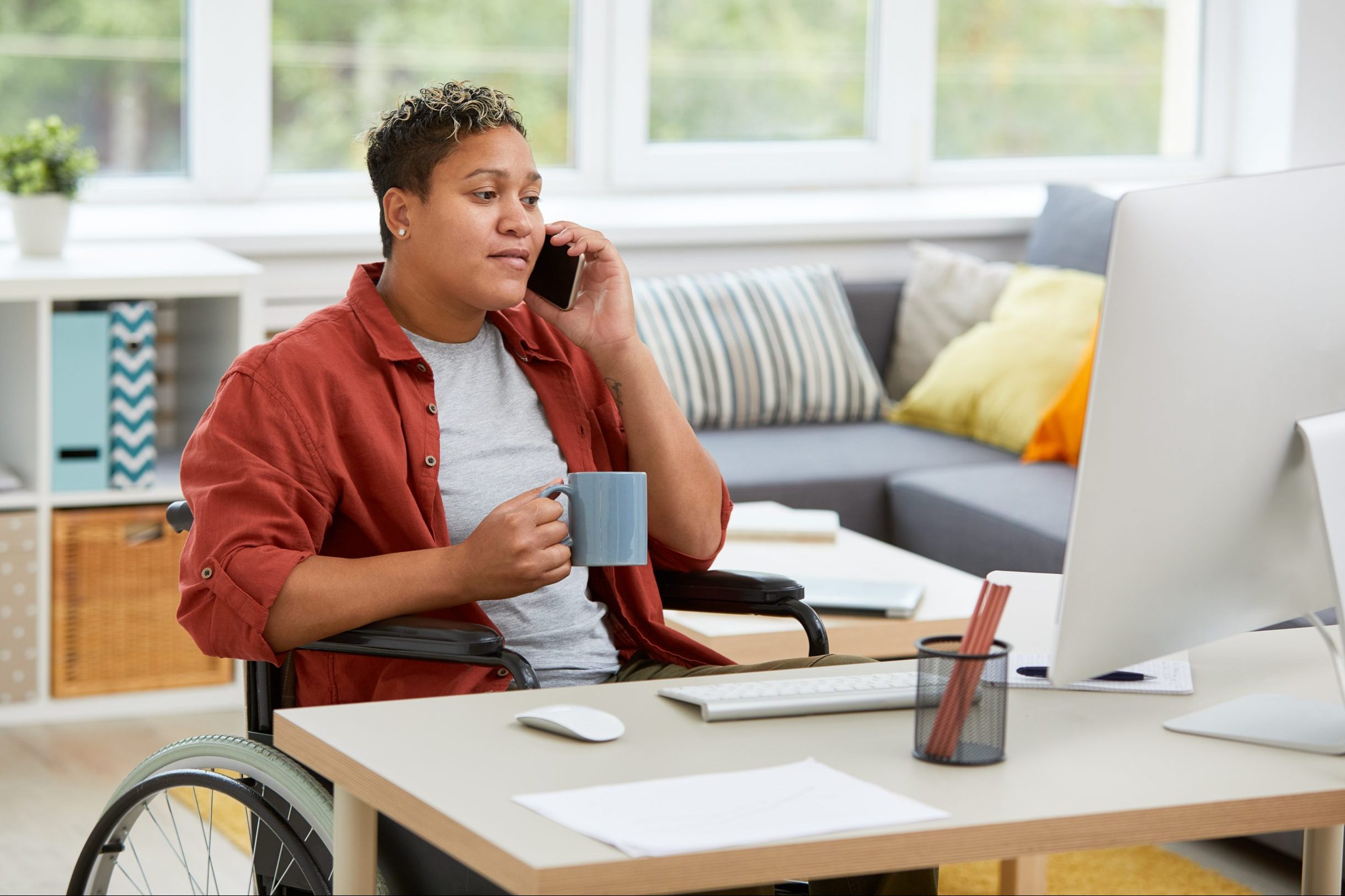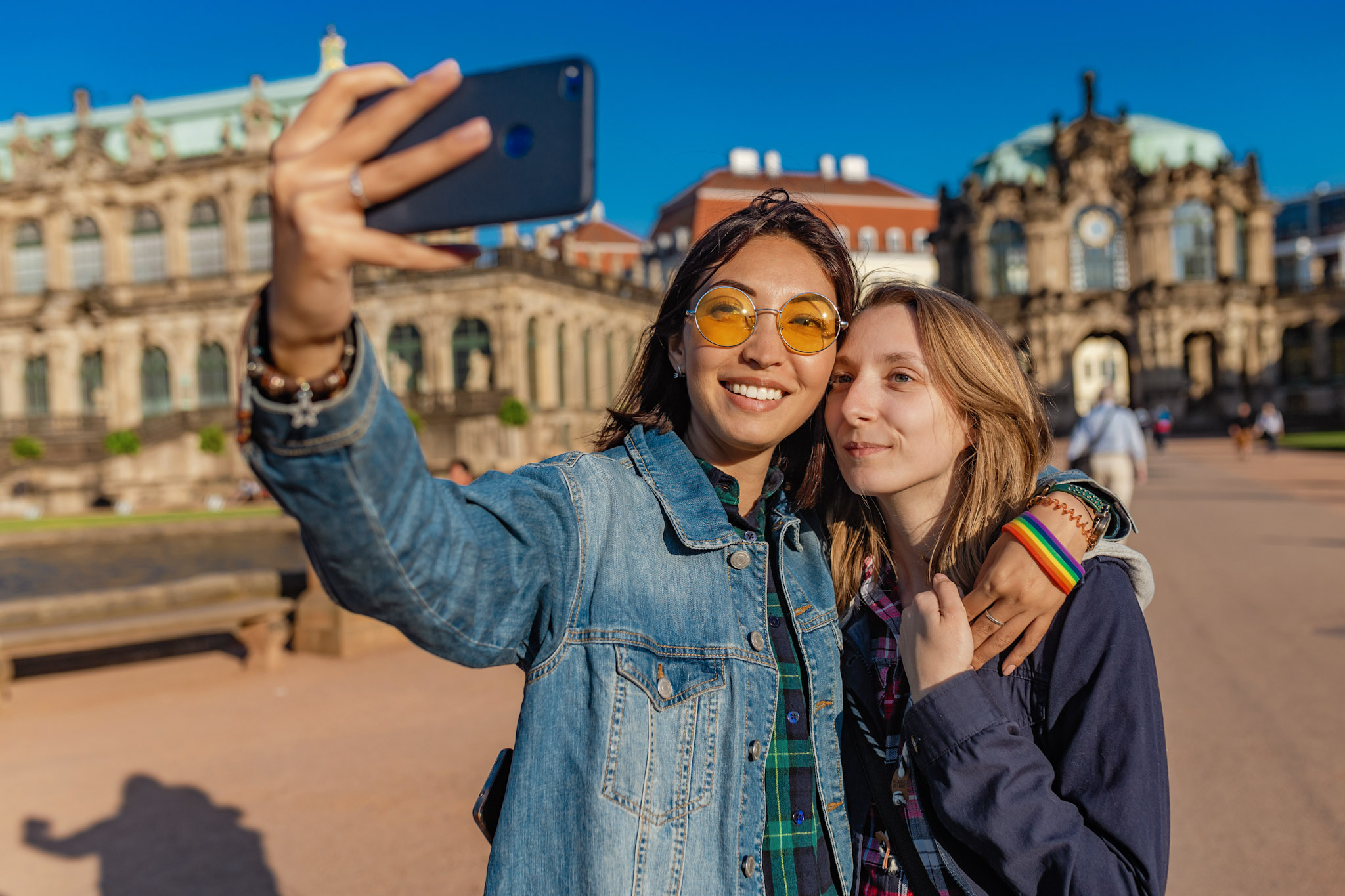Mobile technology can be a powerful way for survivors of domestic abuse to get the help they need, explains Nicki Lyons, Vodafone UK’s Chief Corporate Affairs & Sustainability Officer.
In the UK, the police receive a domestic abuse call every 30 seconds. That’s almost 3,000 calls every single day.
Figures like this are not only difficult to stomach, but difficult to visualise too. Which is why, when it comes to subjects as serious as this, it’s important to have discussions on a more personal level. That way, we can help turn these often-disorienting statistics into more practical strategies.
This was the thinking behind Vodafone’s latest event in Parliament on how we can use technology to keep people – particularly women – safe. Because, while I would always prefer to speak about the achievements and accolades of women rather than the risks and dangers they face, reality must always be tackled head on.
And, as our own research has shown, the sad reality is that 75% of women say they have used their smartphone to escape an unsafe situnspccation.
Digital Allies: Three quarters of women have used their smartphone to escape an unsafe situation
To mark the UN Women’s 16 Days of Activism campaign against gender-based violence, Vodafone has commissioned new research looking at the positive role smartphones play in connecting women affected by domestic abuse, or broader women’s safety issues, to expert support and advice.
Apps that make an impact
At Westminster, I was joined by Dawn Butler, MP for Brent East and Co-Chair of the Women in Parliament All Party Parliamentary Group.
Alongside her was Phoebe Crowder, Global Digital Programmes Director at Hope After Harm – a charity that provides services and support to those impacted by criminal, civil or family justice issues.
To an audience of MPs, journalists and charity partners we outlined how mobile technology can be a powerful tool in the fight to empower women and protect their interests.
Take Bright Sky, for instance, which was launched in 2018 by Vodafone Foundation, Hope After Harm and UK-based crisis support charity Hestia.
This free app enables survivors of domestic abuse – or anyone who thinks someone they know is experiencing domestic abuse – to discreetly get the information and help they need.
Available as a free app, widget and website, around 4,000 people use it each month for everything from recognising the signs of an abusive relationship to recording evidence in a journal or reaching specialist support.
"It’s important to understand, however, that technology alone is not enough to solve this crisis."
Progress requires partnerships
However, as I stressed at the event, it’s important to understand that technology alone is not enough to solve this crisis.
While technological advancements in recent years have provided us with new tools in the fight against gender-based violence, it is only through meaningful partnerships, programmes and government intervention that we can truly make a difference.
It’s the reason why Vodafone has worked with various partners, including the Police Digital Service, to develop services and products that can tangibly improve people’s safety.
Likewise, our work with the NSPCC is helping to empower individuals to use the internet in a safe way, by providing the knowledge and skills they need to protect themselves and their families.
Closer to home, our Employee Assistance Programme, 24/7 GP service and Domestic Abuse Policy are all in place to ensure our own people feel supported and protected at work.
We also have an Allies Against Abuse group comprised of volunteers that have been trained by Hope After Harm to support survivors of domestic abuse at work.
And, finally, 11,350 free SIMs have been donated to domestic abuse charities as part of Vodafone’s wider everyone.connected initiative.
Impactful apps: How to get support through your smartphone
Vodafone Foundation’s long-standing support for those who experience abuse has resulted in the development of two special apps. Here's how they have helped more than a million people to date.
Providing the right platform
While all of this is encouraging, it’s clear that there is important work still to be done. One area that demands further attention is access. After all, these supportive tech-based tools are only impactful if women are able to use them.
Part of this requires the necessary infrastructure to ensure such apps and platforms can stay online and in the hands of those that need them. Which is why Vodafone’s plan for the decade ahead is so vital.
With our merger with Three UK now approved, we will be able to build a 5G Standalone (5G SA) network that reaches 99% of the UK’s population by 2034 – far more than any other network.
Our ambition is that every woman should be able to get the help they need, whenever or wherever they need it.
Safety by design
Unfortunately, technological tools are no substitute for changing the behaviours of perpetrators. But they can help turn the tide if developed correctly.
This is why we’ve been campaigning to ensure online services and platforms adopt a ‘safety by design’ approach, by building safeguarding features into their products from day one.
Until then, it’s important we continue to have these conversations, so we can collectively work to make both physical and online spaces safer for women across the UK.
Stay up to date with the latest news from Vodafone by following us on LinkedIn and Twitter/X, as well as signing up for News Centre website notifications.









